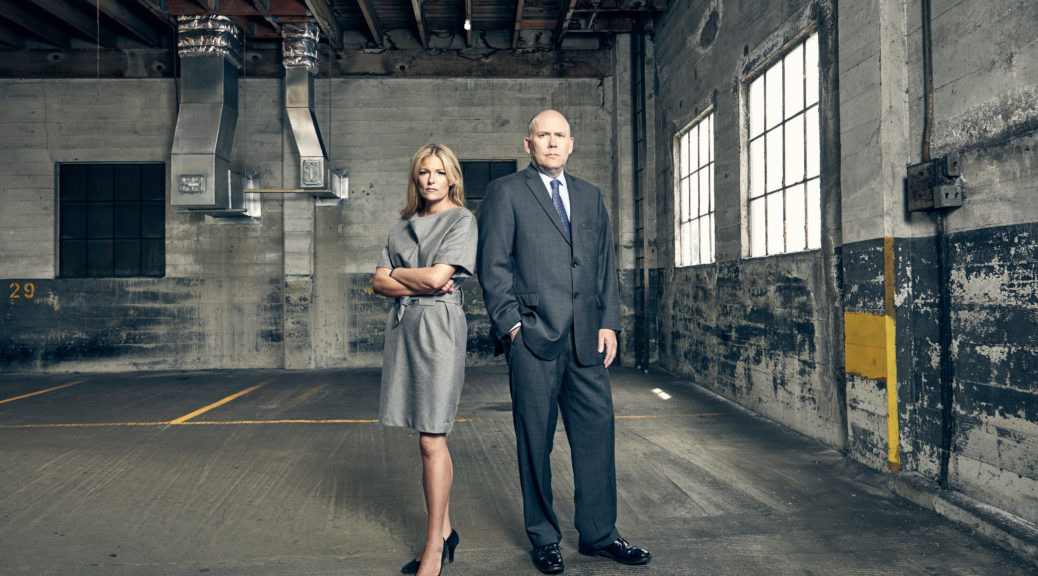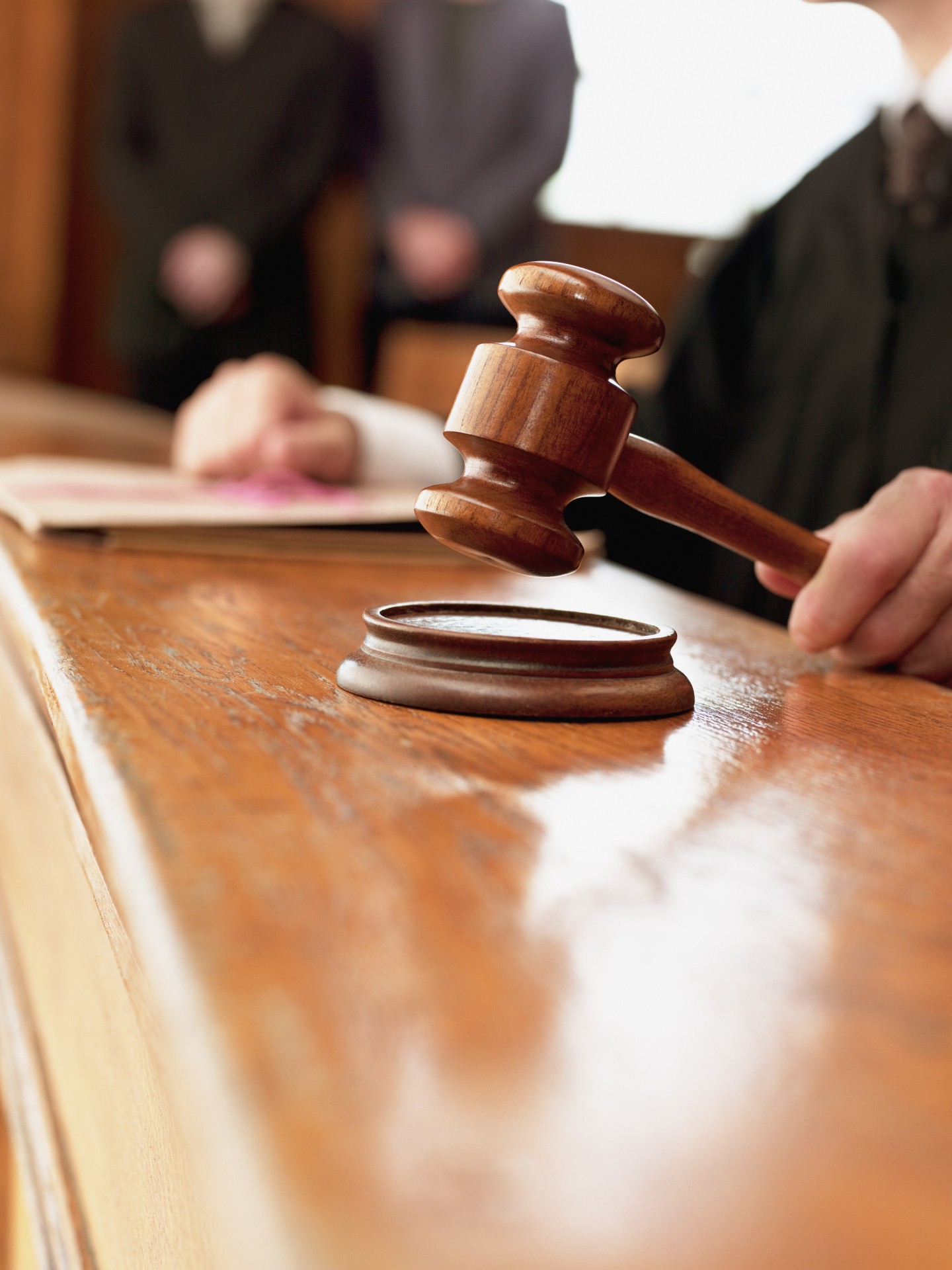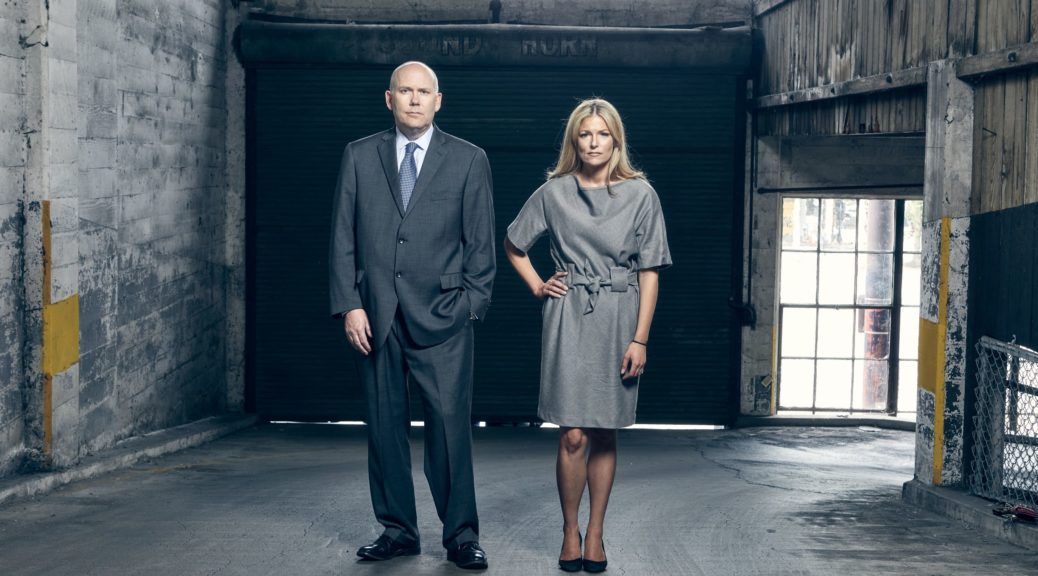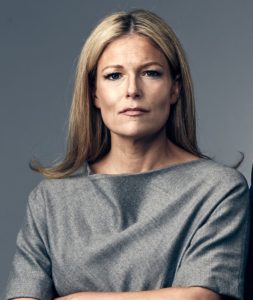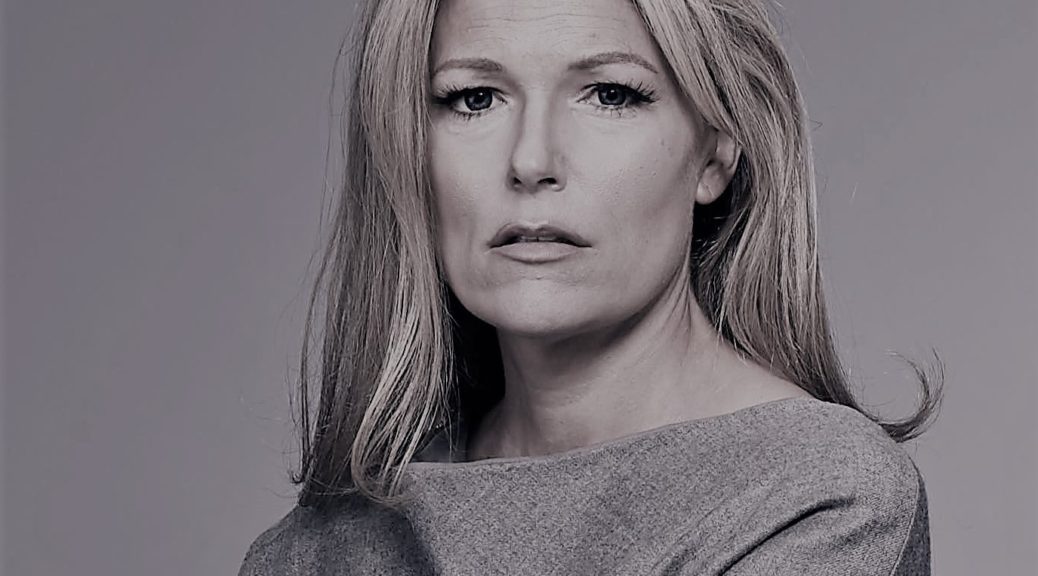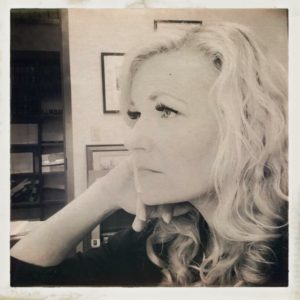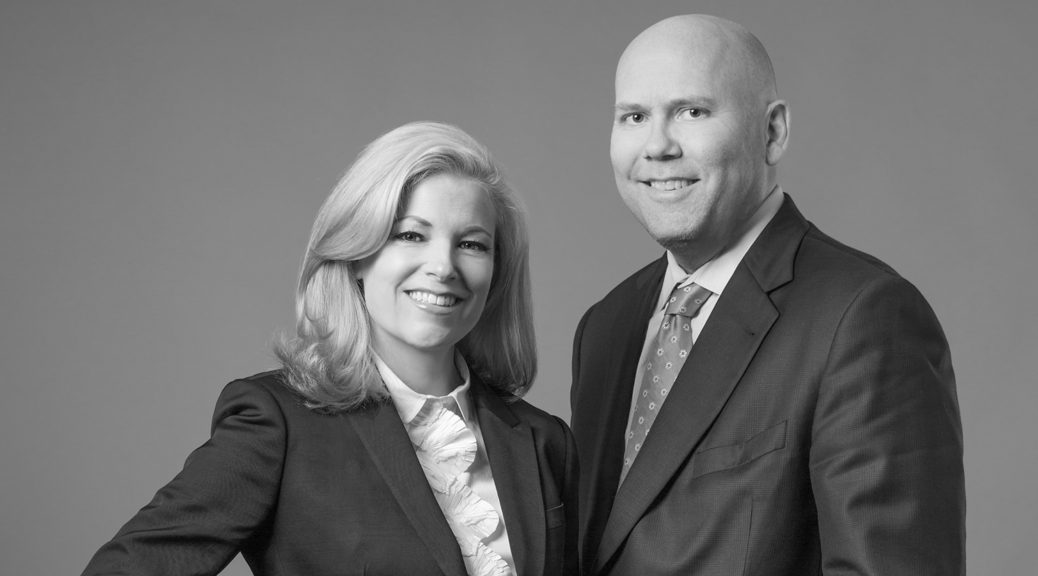On June 10, 2020, the New York Times published an article entitled, “Jurors, Please Remove Your Masks: Courtrooms Confront the Pandemic” by Shaila Dewan (hereinafter “the article”). This article explores the complications of jury trials in the US, and particularly in Oregon state courts, as the counties in Oregon gradually re-open. It focuses on criminal trials, which are starting to move ahead again in Oregon, given the state requirement that criminal defendants not be in custody for more than 180 days after their arrests.
We will explore some of the issues outlined in that article, as well as some of the issues we are thinking about as trial lawyers here in Oregon.
At least one judge in Ohio has denied a request for postponement of a jury trial, despite the fact that one of the lawyers had been exposed to COVID-19 and was ordered to self-quarantine for two weeks.
One complication of jury trials during COVID-19 is the judge’s discretion regarding whether the trial should move forward, even if a lawyer has been exposed to the novel coronavirus and is under doctor’s orders to quarantine for two weeks. According to the article, at least one judge in Ohio ordered a trial to move forward over a lawyer’s objections that he had been exposed to COVID-19 and was under doctor’s orders to self-quarantine. The lawyer felt obligated to tell prospective jurors during jury selection that he had been exposed to the virus and that his doctor had advised him to self-quarantine. One can only imagine what that did to his jury pool.
Do jurors have to wear masks during jury selection?
Another issue is whether judges are able to exercise discretion to ask jurors to take their masks off during jury selection. According to the article, some judges have asked prospective jurors to take off their masks only when answering questions. The problem with this is that lawyers will likely have trouble gauging masked jurors’ reactions to questions and comments at all other times. Making things more complicated is the possibility that judges may not order prospective jurors to take off their masks at any time, ever.
Before COVID-19, lawyers have always relied on jurors’ nonverbal communications when selecting a jury. Studies have shown that between 60 to 65 percent of people’s total communication occurs through nonverbal cues. Jeffrey T. Frederick, Ph.D., Mastering Voir Dire and Jury Selection 39 (2005). If a lawyer can’t comprehend the majority of the communication she is receiving from her prospective jurors, how will she pick a favorable jury for her client?
Of course, it’s not just during jury selection that lawyers attempt to predict jurors’ likely votes in any particular case. However, jury selection is arguably the most important part of any trial and is a period of time when it is critical that lawyers “read” their jurors nonverbal communications.
Masks will likely impede connections between the bench, the bar, the parties, and the jury. The nonverbal tools lawyers used to use to persuade and strategize will have to change if masks are involved in trials.
Most of us cannot forget Johnnie Cochran Jr.’s emotional pleas to his jurors in the OJ Simpson case. “If it doesn’t fit, you must acquit!” It is hard to imagine the late Mr. Cochran making such a powerful argument while wearing a mask. Certainly, the emotional impact of the argument would not be the same. Lawyers’ attempts to connect with their jurors on an emotional level will likely be severely impaired by masks.
It will also likely be difficult for lawyers to nonverbally connect with their clients at trial in a way that soothes their clients, prepares them for testimony, or assists their clients in making emotional connections with the jury. A lawyer representing a particularly likable client will have difficulty getting the full import of her client’s testimony to come across to the judge and the jury if no one can see her client’s face.
Similarly, trial lawyers often quietly communicate with their clients during trials–not just during breaks, but during the trial itself. Masks obscure the ability to read lips and to hear (whispering is especially difficult). If the lawyer and her client are both wearing masks, their ability to communicate during the trial will be severely impacted. For this reason, the article notes that some lawyers and clients are foregoing the use of masks altogether because it impedes effective representation.
Determining the credibility of parties and witnesses will become extremely difficult if they are wearing masks, particularly if they are wearing masks while testifying.
One of the biggest jobs of a lawyer during a trial is making determinations concerning the credibility of the parties and the witnesses. Lawyers use the nonverbal cues of parties and witnesses to make strategy decisions, such as whether to engage in cross-examination, how to determine the length of the examination, whether to call their clients to testify, and what kinds of follow-up questions to ask. If a witness testifying against your client seems incredible, it can be beneficial to ask that witness particular questions to expose those credibility fissures to jurors. However, a lawyer who cannot see the face of the witness or a party she is questioning will have an uphill battle engaging in the strategies she is used to relying on if everyone is wearing a mask. Similarly, jurors will likely yearn for the full facial nonverbal reactions of parties as those parties sit and listen to particular portions of testimony during the trial. Did the criminal defendant seem calm when the alleged victim testified against him? Did he seem angry or defensive? Did he have a small smile on his face?
The Confrontation Clause of the Sixth Amendment will likely be impaired by wearing masks.
Under the Confrontation Clause of the Sixth Amendment, criminal defendants have the right to confront any witnesses who testify against them. Similarly (although not for the same legal reasons) civil defendants have generally enjoyed the right to see and to question, face-to-face, the plaintiffs who file lawsuits against them. If everyone is being shielded by a mask, there will no longer be true face-to-face confrontations.
Sentencing hearings where the judge and the criminal defendant are wearing masks, or sentencing hearings that take place remotely, may be damaging to our criminal justice system.
Although judges can still technically look criminal defendants in the eye when they are sentencing them and vice-versa, a mask arguably shields the judge and allows her to distance herself from the criminal defendants she is sentencing. There is a risk that judges may unconsciously dehumanize masked criminal defendants.
Further distancing judges and criminal defendants is judicial sentencing via video (or worse, telephone) conferences, which keeps judges from sentencing criminal defendants face-to-face. In our system, we are used to the idea that the judge hands down her sentence to the criminal defendant in person. Remote criminal sentencing hearings have necessarily changed the nature of the way criminal sentences are handed down in our country.
Due to COVID-19, some criminal defendants are asking to be released for health reasons. Some of these criminal defendants are leaving confinement, only to be sequestered with their alleged victims.
Many of us have read about the COVID-19 tinderboxes that jails and prisons have become for criminal defendants. Criminal defendants who have underlying health problems have requested early release dates or releases from confinement pending trial or sentencing. Sometimes these criminal defendants are leaving confinement only to be sequestered (particularly if their states or counties are in the early phases of re-opening) with their victims. Courts are struggling to balance risks to the lives of the criminal defendants with risks of release posed to the defendants’ alleged victims, particularly victims that are forced to shelter-in-place with their perpetrators. Prosecutors face the difficult task of calling victims in some cases to alert them to the fact that their perpetrators will be released and, worse, will be coming to live with them.
Difficulties with pursing particularly sensitive civil cases.
Many civil plaintiffs file lawsuits because the criminal system has failed them. Additionally, many plaintiffs in sexual abuse cases file civil lawsuits in lieu of proceeding through the criminal system because they have no confidence in the police. In fact, less than twenty percent of sexual abuse victims report to the police. Mary Wood, City Attorney Shares Reality of Prosecuting Sexual Assault Cases, University of Virginia School of Law News and Media, (date accessed: June 11, 2020), https://www.law.virginia.edu/news/2001_02/zug.htm.
In civil cases, particularly in civil sexual abuse cases, the only source of leverage the plaintiffs’ lawyer generally has is via the threat of a jury trial. Without the threat of an imminent jury trial hanging over the defendant’s head, a defendant is less likely to feel pressured to resolve the case short of trial. Furthermore, it will be extremely hard for plaintiffs’ lawyers to promise their clients any kind of a resolution without a set civil jury trial date.
Even if a plaintiff in a civil sexual abuse case does have jury trial, it is likely to be extremely difficult to conduct if everyone is wearing a mask, for most of the reasons outlined above.
